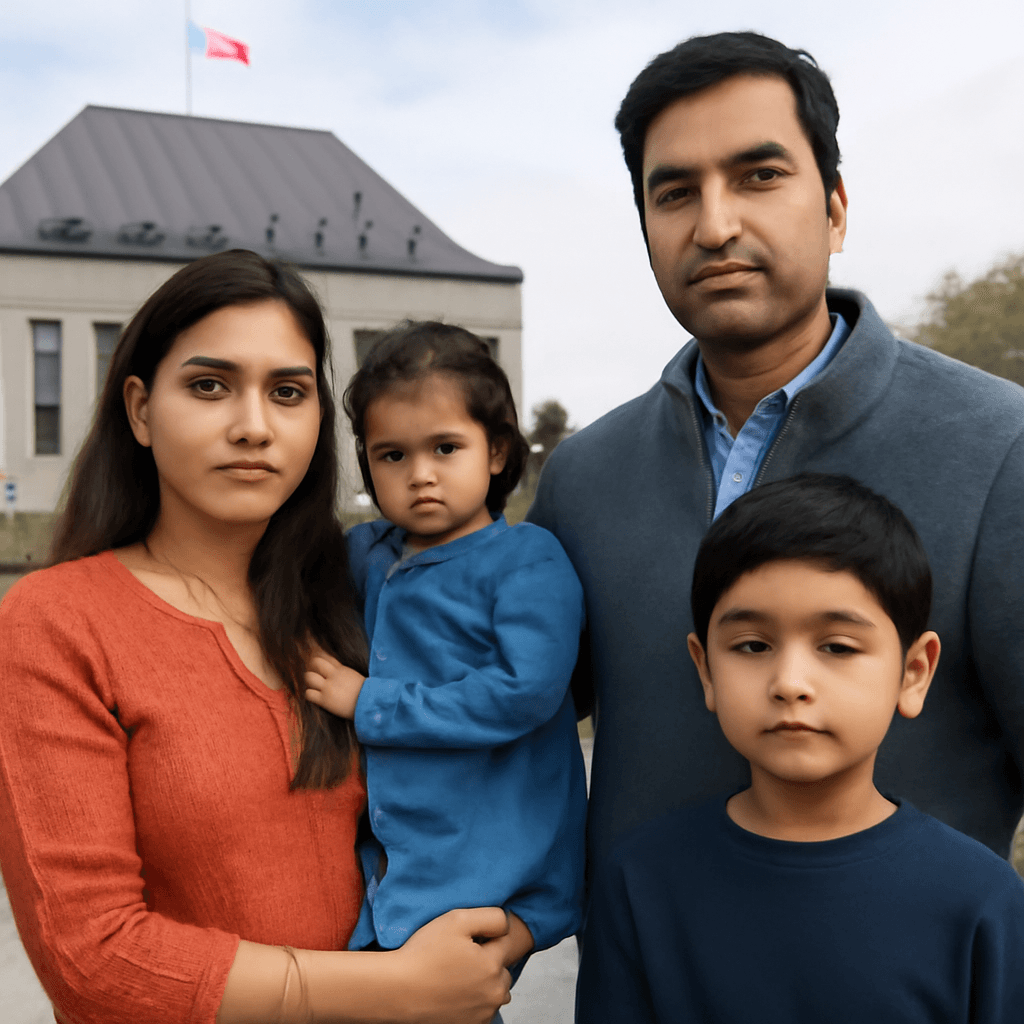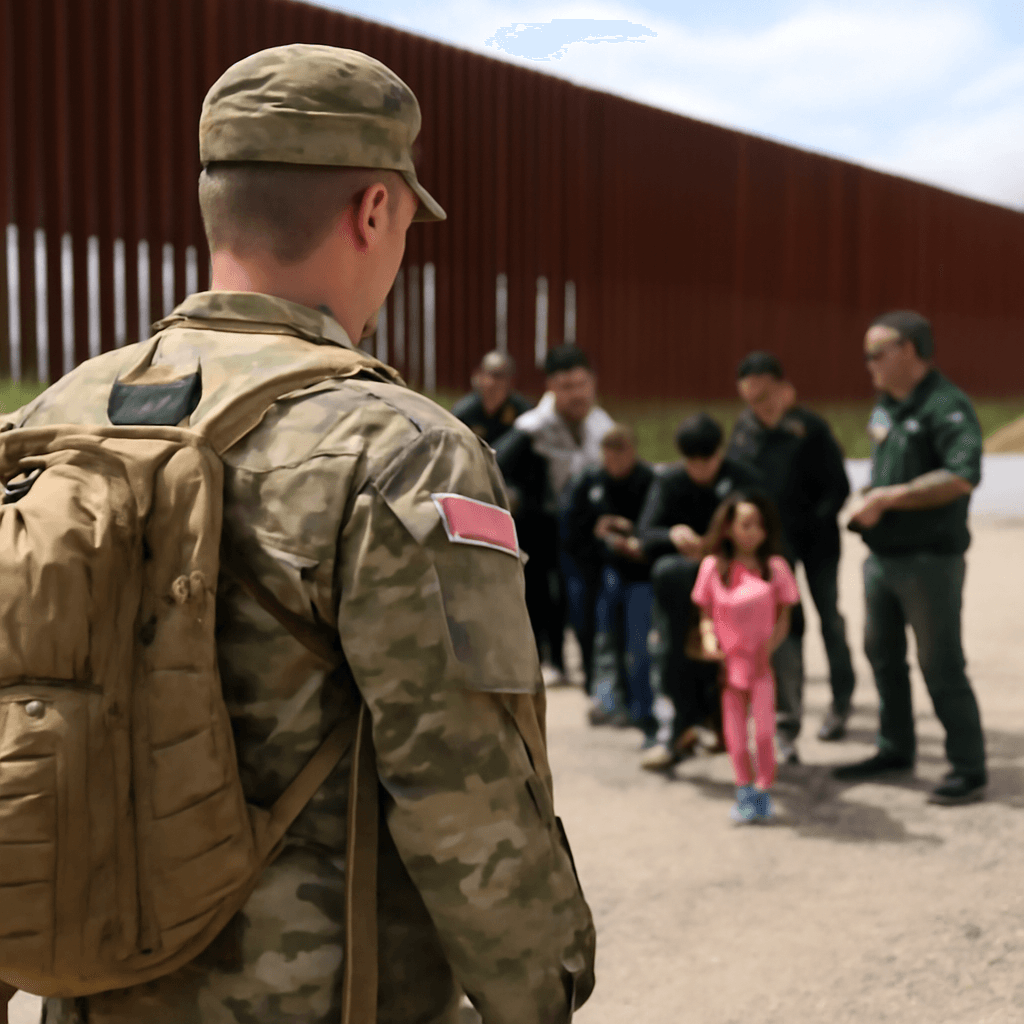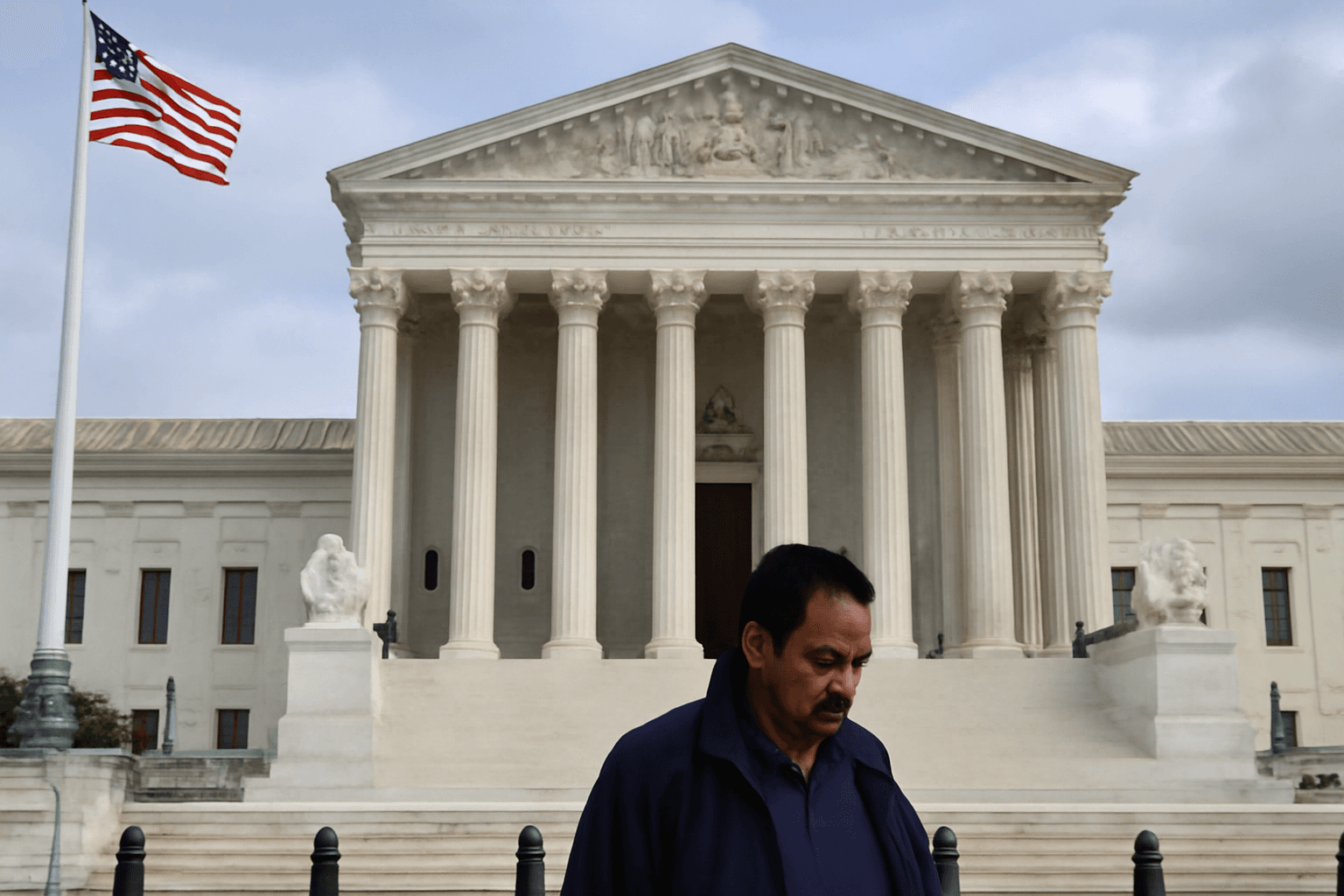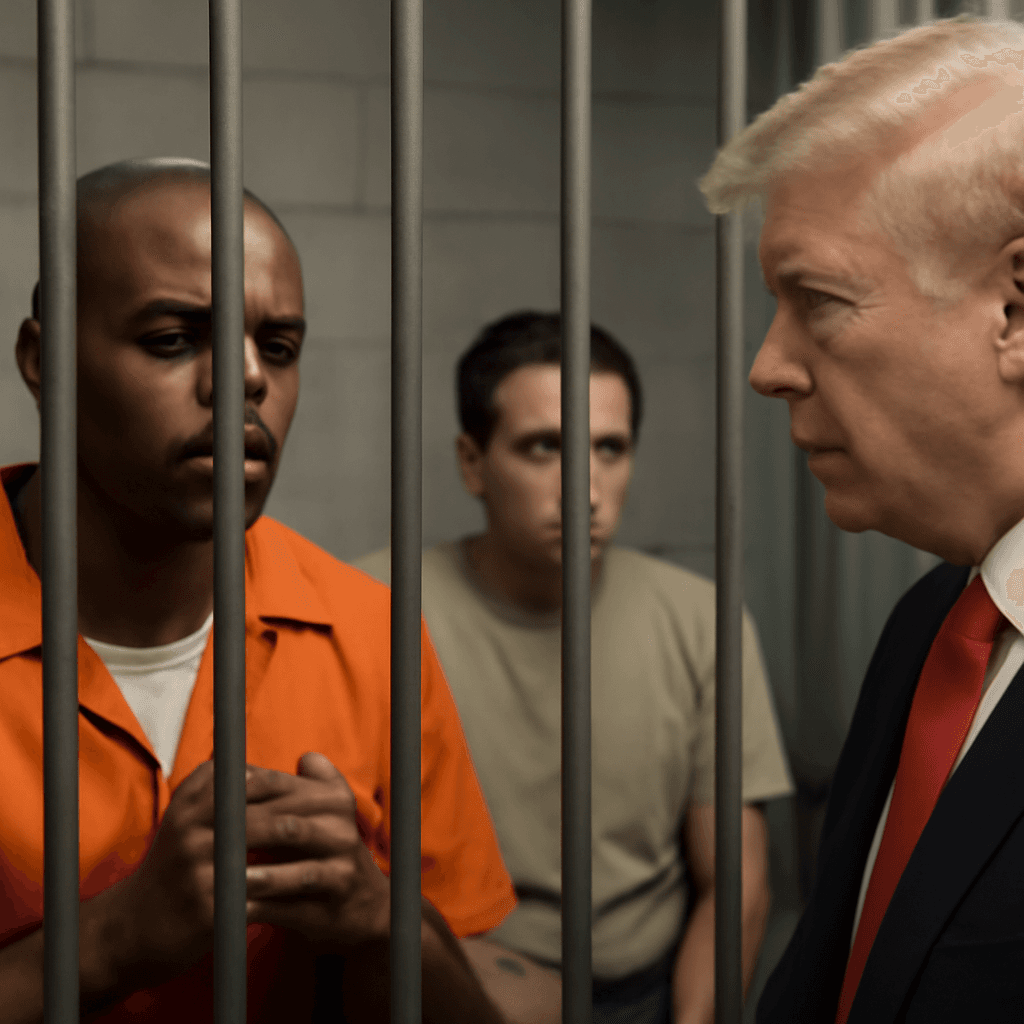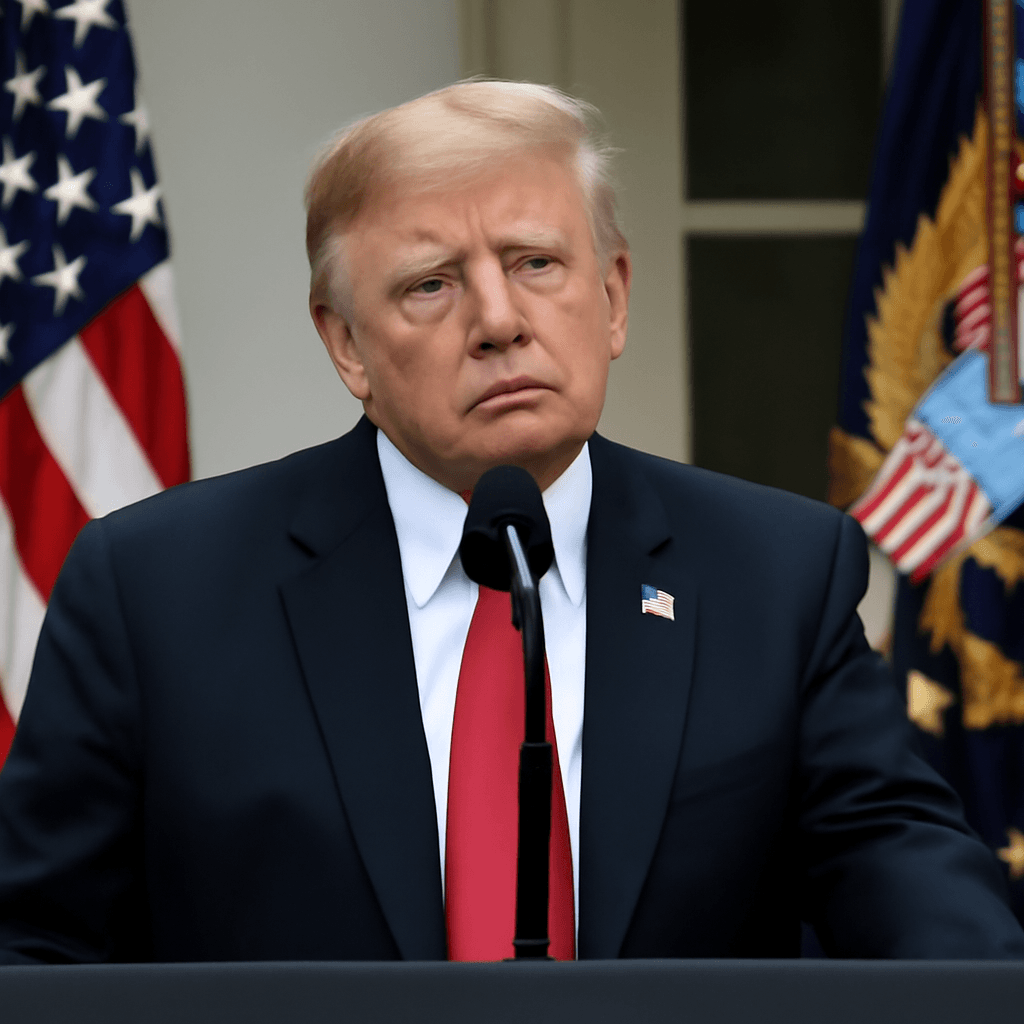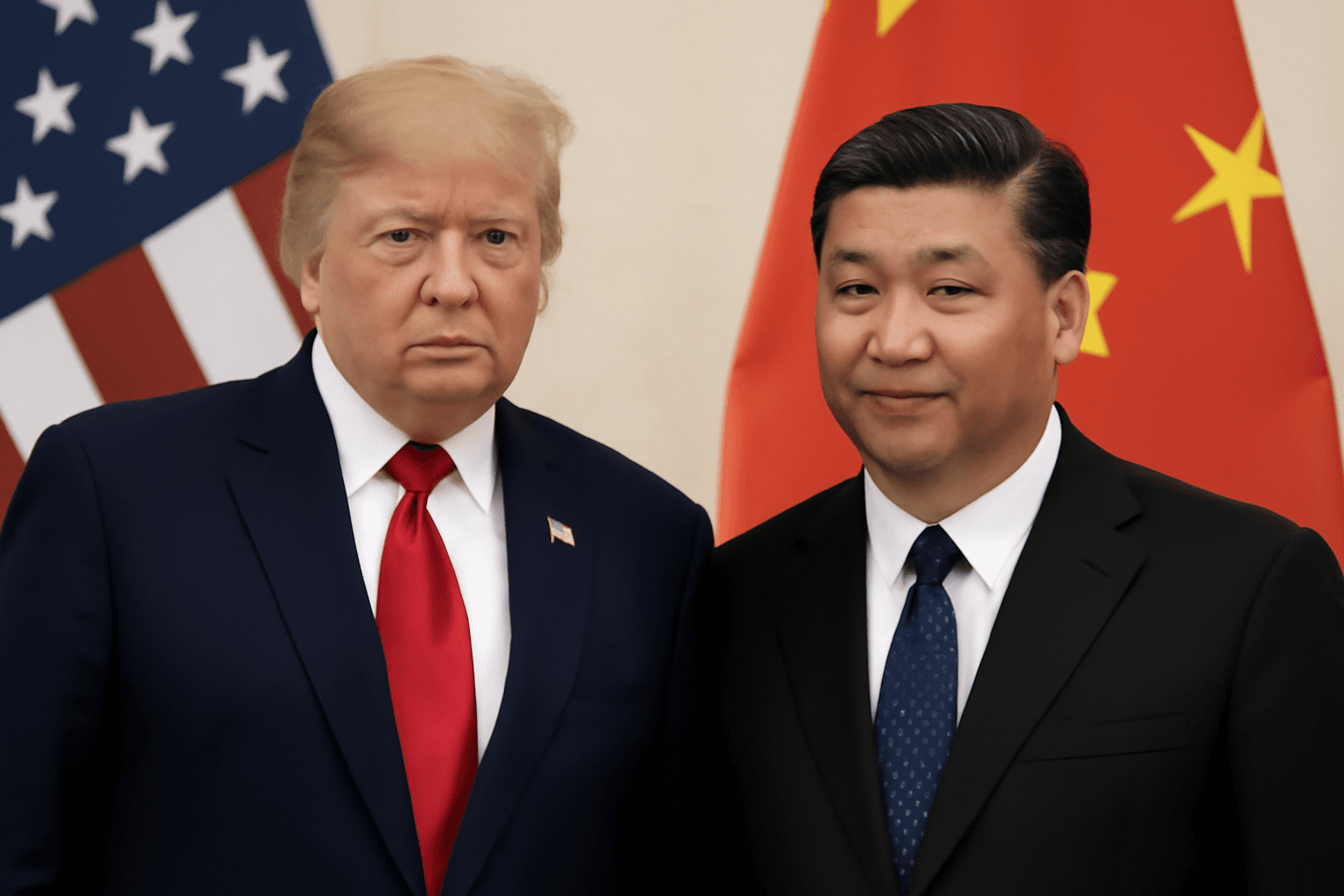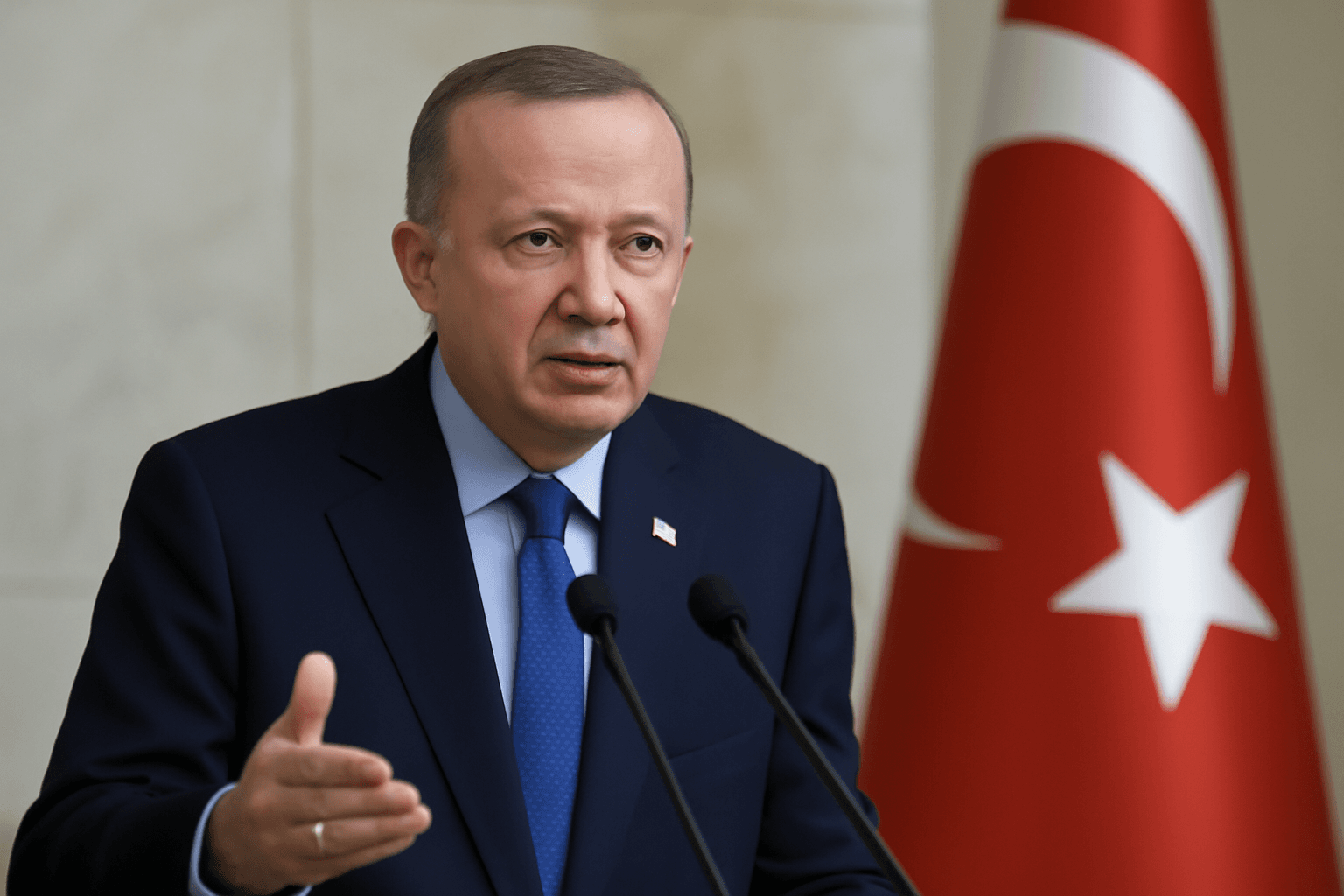Effective May 27, Canada has implemented a new policy designed to streamline job transitions for temporary foreign workers awaiting work permit approvals. This change significantly benefits foreign workers, including a large number from India, by reducing employment downtime and facilitating quicker access to new job opportunities.
The policy, formalized on March 4 and now in effect, allows foreign nationals residing in Canada to switch employers more rapidly even before their new work permit application is finalized. Previously, workers faced prolonged waiting periods, often lasting weeks, which caused financial instability and delayed workforce integration for Canadian employers addressing urgent labor shortages.
Under the updated regulations, temporary foreign workers with valid job offers through the Temporary Foreign Worker Program or International Mobility Program can begin new roles without waiting for the complete processing of their applications. The Canadian government recognizes the critical role these workers play in the economy and acknowledges that employment circumstances may shift due to layoffs, workplace conflicts, role changes within the same employer, or employees seeking better compensation and career growth.
Authorities emphasize the necessity of optimizing the skills of temporary foreign workers currently in Canada, offering them viable, timely options to change employers as needed. Experts highlight the policy's significant impact on Indian nationals, who represent a substantial segment of the foreign workforce in sectors such as information technology, healthcare, caregiving, and agriculture.
This measure particularly benefits holders of employer-specific (closed) work permits by enabling job changes without the prior approval of a new permit. This reduces downtime and supports workers in pursuing improved employment terms, including higher remuneration and enhanced career prospects.
However, the policy has faced political opposition. A member of Parliament from the Conservative party initiated a petition against the Temporary Foreign Worker Program, citing concerns over immigration levels, job competition with Canadians, wage suppression, and strain on public infrastructure. Additionally, the ruling Liberal party recently introduced restrictions, including caps on temporary foreign worker hires and limiting employment duration for low-wage positions to one year, down from two.


